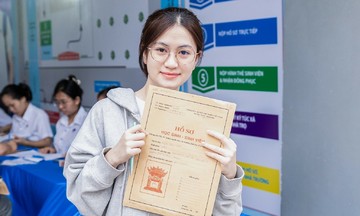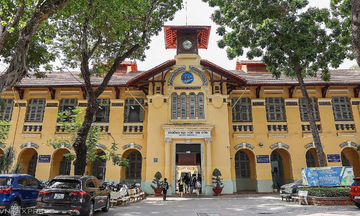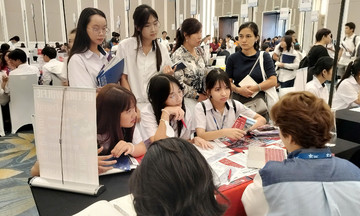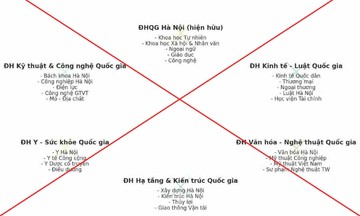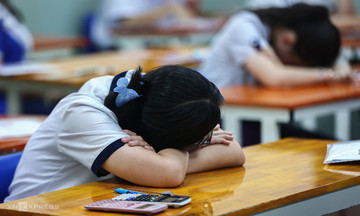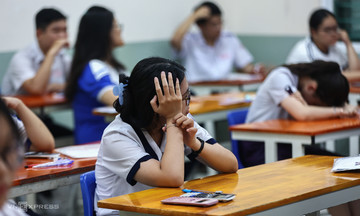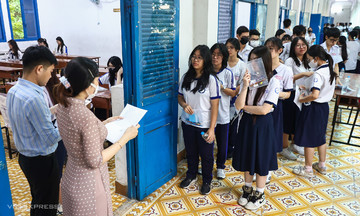The Ministry of Education and Training issued a circular on student commendation and discipline on 15/9, effective from 31/10.
Students will face disciplinary action if they violate the Education Law, school rules, or regulations set by authorities. Depending on the severity, elementary students will be reprimanded or asked to apologize. Secondary and high school students will be reprimanded, criticized, or asked to write self-critiques.
These self-critiques require parental acknowledgement and commitment to collaborate with the school in guiding, educating, and supporting their children in learning from their mistakes and rectifying any consequences.
The Ministry stated that disciplinary actions aim to prevent and deter students from making mistakes while helping them recognize their wrongdoings and take corrective actions. This process fosters positive habits and lifestyles.
Disciplinary measures must be proactive, positive, objective, unbiased, and appropriate for students' developmental stages and participatory rights. Schools are prohibited from using any form of disciplinary action that involves violence, insults, or negatively impacts students' physical and mental well-being.
Parents are expected to supervise, counsel, and support their children when they show signs of potential disciplinary violations. They should also create an environment for students to develop their qualities, abilities, and academic progress.
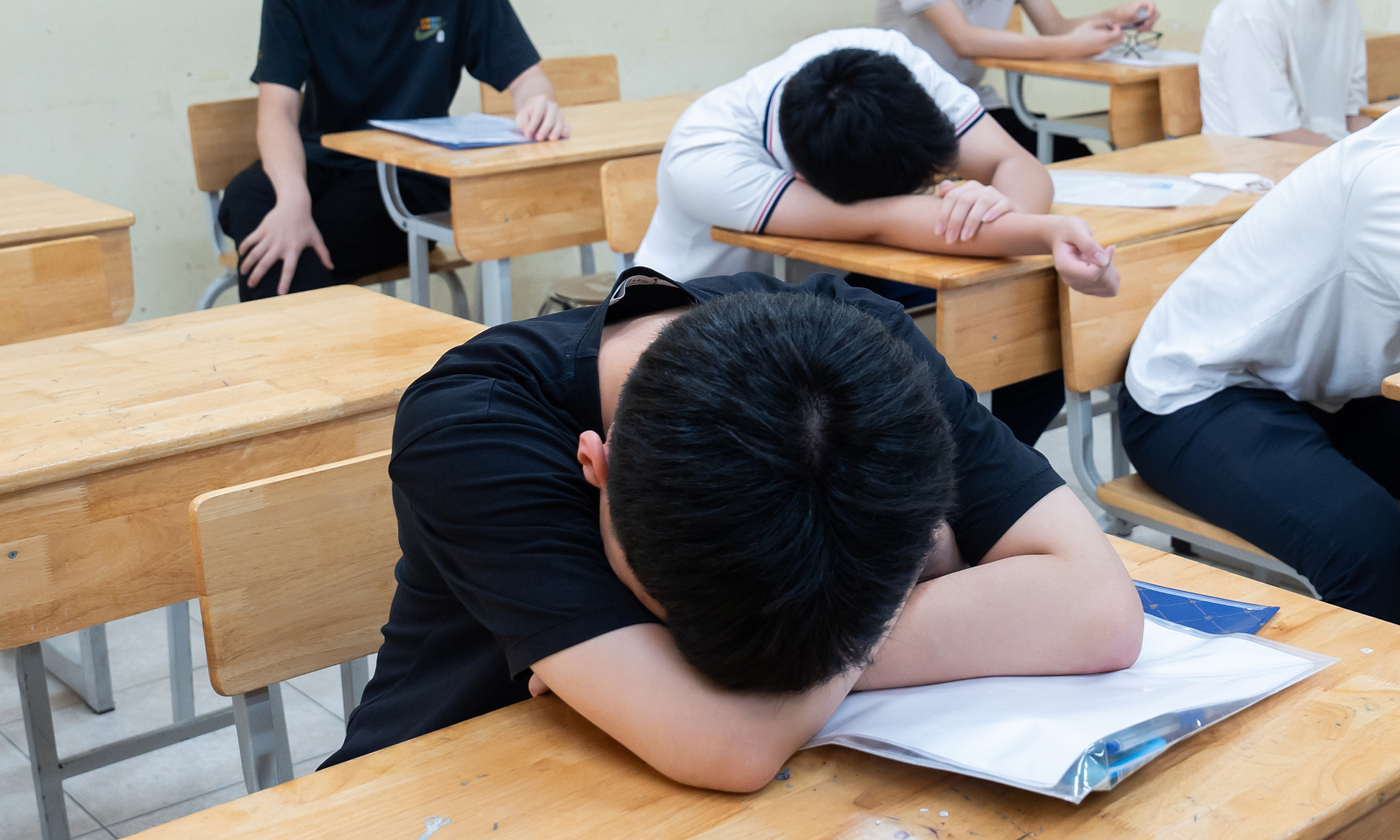 |
Students take the high school entrance exam in Hanoi, June 2025. Photo: Le Tung |
Students take the high school entrance exam in Hanoi, June 2025. Photo: Le Tung
Under current regulations from 1988, disciplinary actions included reprimands in front of the class or the entire school, warnings before the whole school, one-week suspensions, and one-year suspensions. In 2020, the Ministry of Education and Training issued school regulations that removed reprimands in front of the class or school. The harshest punishment became temporary suspension.
The new circular removes this form of punishment. When the draft was released in May, many educators expressed concerns about the lack of effective tools to deal with unruly students if only reprimands and self-critiques were available.
A VnExpress survey of nearly 3,800 readers at the time found that 88% believed stricter penalties were needed, depending on the severity of the violation. Only 9% agreed with the new regulations.
Regarding commendations, the circular retains existing forms like praise in front of the class or the entire school, or awarding certificates of merit; a new form, the commendation letter, has been added.
Commendations will be given to students who demonstrate exemplary behavior, positively influence their peers, or show significant improvement in their studies and personal development. Commendation letters will be awarded to students who demonstrate self-improvement or achieve exceptional accomplishments.
Thanh Hang





